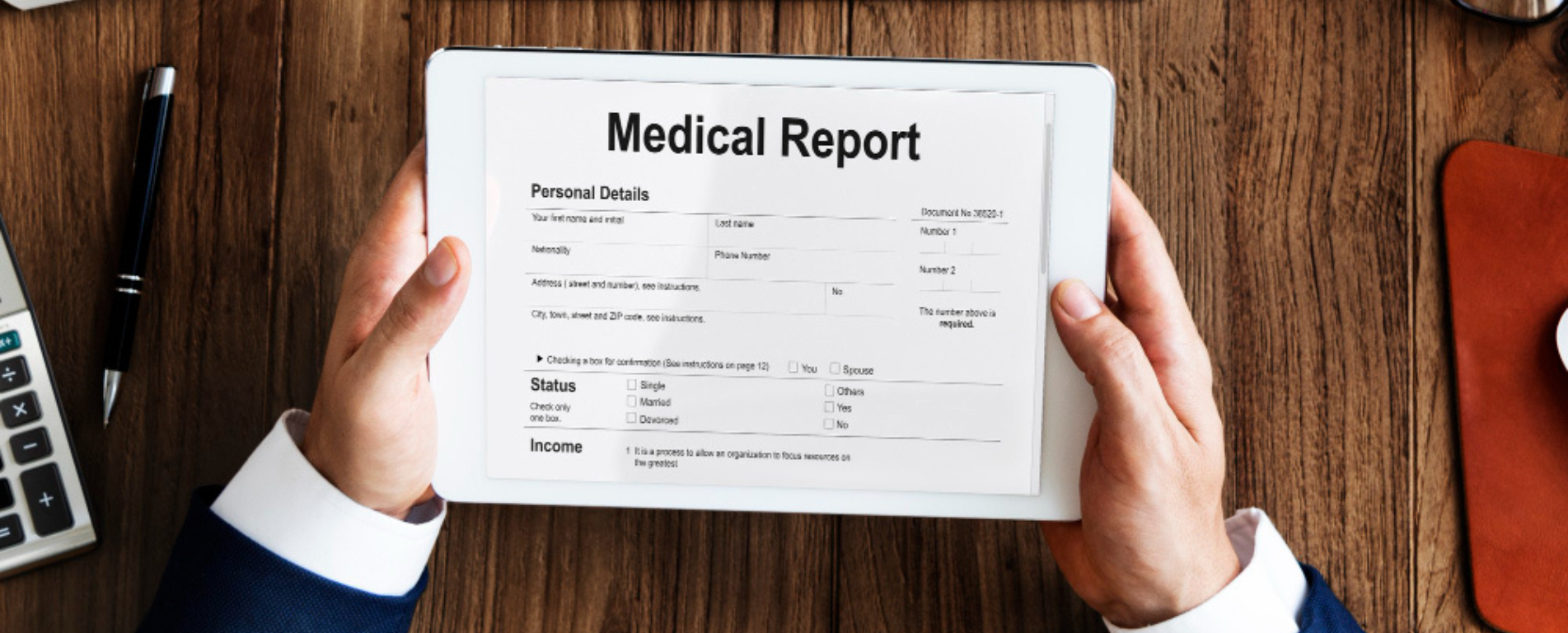Medical files contain very personal information regarding a person’s body, their preferences, and their treatment history. Which brings me to today’s topic: who can access your medical records?
Since that information is very sensitive, privacy regulations ensure that privacy laws ensure that medical files privacy rights are guaranteed.
Privacy rights violations due to unauthorized peeping or leaking can lead to privacy rights violations and safety risks.
One of the surveys that the Pew group conducted in early 2024 shows that nearly 85% of the United States population is worried about who gets to see their medical data. This means that people are more than ever interested in finding out about record access without a signature.
Patients, as a rule, are the ones who provide a particular family member, a specialist, or an insurance company with the right to access.
Still, there are no clear legal regulations that permit care staff, police, and certain government offices to access files without the recipient’s consent. Except in very limited and explicitly stated situations.
If you are trying to understand who can access your medical records, you have come to the right place! Therefore, keep reading till the end…
Who Can Access Your Medical Records Without Consent?
Your medical records are like a diary about your health. They include things like test results, allergies, past illnesses, and even the medicines you take.
Normally, these records are private. But sometimes, certain people or groups can look at them without asking you first. Let’s find out who they are and why they’re allowed.
Doctors and Hospitals (Healthcare Providers)
Doctors, nurses, hospitals, and clinics keep your health records safe. But they can share them with others in certain situations, all based on a law called HIPAA (Health Insurance Portability and Accountability Act).
Under HIPAA, doctors can look at or share your records without your permission if it’s for:
- Treating you (like sending test results to a new doctor)
- Getting paid (like giving details to your health insurance company)
- Running their office smoothly (like checking how often patients visit)
But here’s what they must still do:
- Use safe systems (like encrypted emails) when sharing your records.
- Only send what’s needed, not the whole file.
- Never share by accident, like through an unprotected email. That could break the law.
Now, when can doctors share info without consent?
| The reach of allowed access goes well beyond face-to-face care. As Justice Bolt points out in his talks about sharing patient files, emailing or otherwise sending records online adds fresh layers of rules to follow. |
Even without your say-so, there are some special situations where doctors must or can share your medical info. These include:
- Reporting disease outbreaks to public health officials.
- Telling the police about child or elder abuse.
- Using data for research, but only if your name and personal info are hidden.
Why? Because this helps keep people safe, stop harm, or help with science.
Police and Law Enforcement
Can the police see your medical records? Yes, but not just anytime they want. Here’s when they can legally get them:
- With a court order or subpoena (This means a judge said it’s okay)
- During a criminal investigation, but only if they prove it’s necessary
- In emergencies, like if you’re unconscious or in danger
Example:
If a suspect is badly hurt in the hospital, doctors may tell the police their blood type or allergies to save the person’s life or protect others. But even then, they must not share more than needed.
Now, there are a few things that the doctors cannot do. For instance, doctors cannot just give your records to anyone without a strong reason. If they do:
- They could be breaking the law
- You could lose trust in your healthcare
- The doctor or hospital could get fined or sued
That’s why:
- Every time records are shared, they must be written down in a log
- Only what’s necessary should be sent
- They must follow official steps and rules.
Court Orders and Subpoenas
Court orders and subpoenas are the common formal legal papers in which the medical charts are requested in the cases of a lawsuit or a crime.
Once it is signed, doctors and clinics are, in most cases, therefore, obliged to give files unless the request faces some strong objections, for example, the doctor-patient privilege or the privacy rules of high degree.
The process gets started with a subpoena duces tecum or an explicit order that gives details of the records which are sought for a particular issue.
Judges do not readily grant such requests and they verify if it is really necessary and not just fishing.
For example, if the request not only asks for the entire person’s file but also goes beyond that, then the requester will be allowed only those pages that are most relevant to the dispute.
In most cases, the patients are allowed to know beforehand when it is decided that their medical records will be used in a legal proceeding, except when the court decides otherwise.
The role of this advance notice is to give them a chance to object to the demand or provide the safeguards in case they consider their privacy is going to be violated.
Judges do not forget that medical information is private, and they still are trying to establish the good that is coming from the legal system with the individuals’ right to keep their private matter confidential.
In such instances, lawyers and paralegals also participate to make sure that only the absolutely necessary details are shared, and nothing else is exposed.
In this way, they frequently hide names, results of tests, or notes that may be understood negatively to somebody.
You Legal Guide: Balancing Privacy and Public Interests
So, who can access your medical records without your permission? The rules about this and answering why are purposely tangled.
They try to weigh two competing needs:
- Protecting each person’s privacy.
- Letting public health, safety, and justice do their work.
Hospitals, police officers, judges, and health agencies all have separate powers. This allows them to access files even when a patient objects. Therefore, understanding where those lines are drawn helps everyone see what the law does—and does not—allow.
Such exceptions play a vital role. However, they also put a heavy burden on staff to guard records and share them only when the law truly permits.
Because laws are constantly evolving and new technology emerges almost weekly, staying aware of when your health data can be accessed without your consent remains one of the best ways to protect your personal information.
Read More:
















